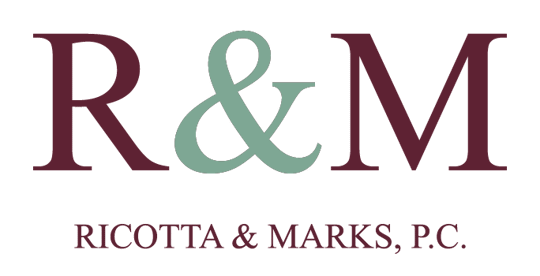Sexual harassment occurs in America more often than one would think. In fact, studies show that 1 in 3 women have experienced harassment in the workplace. Women, however, are not the only victims of this type of discrimination. If you or someone you know has been the victim of workplace harassment, sexual or otherwise, contact a compassionate and aggressive equal opportunity lawyer in NYC right away to preserve your rights under the law.
Sexual Harassment Explained
Generally, sexual harassment is defined as unwelcome sexual advances, other verbal or physical conduct of a sexual nature, or requests for sexual favors. Under Title VII of the Civil Rights Act of 1964 (Title VII), discrimination on the basis of sex (among other factors) is prohibited. This federal law applies to employers with more than 15 employees and includes federal, state, and local governments.
Sexual harassment is not limited by gender and, as such, Title VII governs opposite sex and same-sex harassment. Furthermore, harassers aren’t always direct supervisors. A harasser may be a co-worker, a supervisor in another department, or someone employed at another workplace. In fact, the victim of sexual harassment can be an employee who is indirectly – but negatively – affected by the offensive conduct. Once the sexual harassment occurs, Title VII prohibits an employer from retaliating against the person reporting the unsuitable behavior. The law also protects someone who chooses to participate in an investigation, proceeding, or hearing on behalf of the victim from retaliation by an employer.
Types of Sexual Harassment
There are different types of workplace sexual harassment that are recognized under the law: quid pro quo sexual harassment and hostile work environment sexual harassment.
- Quid pro quo – this occurs when an employee is able to stay employed or is offered a promotion, based on whether or not he or she submitted to or rejected sexual advances or other inappropriate sexual comments by a supervisor or coworker. Even if an employee submits to the sexual comment or advance, it does not forever bar him or her from filing a complaint.
- Hostile work environment – this occurs when a supervisor or coworker in the workplace makes sexual comments or advances to an employee that, while not quid pro quo, create a working environment that is hostile and offensive because it affects the victim’s ability to do his or her job.
Factors that courts consider to determine if a work environment is hostile include:
- if the conduct was verbal or physical (or both);
- how frequently repeated was the conduct;
- if the conduct was patently offensive or hostile;
- if the alleged offender is a coworker or supervisor;
- if others joined in the harassment; and
- if the harassment was directed at one or many individuals.
- Gender harassment – this includes any discrimination based on gender in relation to several aspects of employment including hiring, firing, pay rate, job assignments, layoffs, promotions, fringe benefits, training, in addition to any other term of employment. This includes pregnancy discrimination, sexual harassment, as well as unequal pay for the same job. Employment discrimination based on gender can also occur when someone is treated negatively because of his or her affiliation with an organization or group that is generally linked with a certain sex.
Generally, if the employer is aware – or should have been aware – of the sexual discrimination and did nothing to discipline the perpetrator and correct the situation, the employer can also be liable in addition to the offender.
Equal Opportunity Attorneys NYC
No one should be subject to harassment in the workplace, whether it is sexual harassment or any other type of discrimination. With over two decades of combined experienced managing employment issues on behalf of clients, the skilled equal opportunity lawyers in NYC at Ricotta & Marks P.C. can handle many types of legal issues such as unpaid overtime, all forms of discrimination. If you or someone you know has been experiencing sexual harassment – or any other type of discrimination – in the workplace from colleagues or a supervisor, contact these skilled attorneys at (917) 540-8565 today.
The post How Does the EEOC Define Sexual Harassment? appeared first on Ricotta & Marks, P.C..

